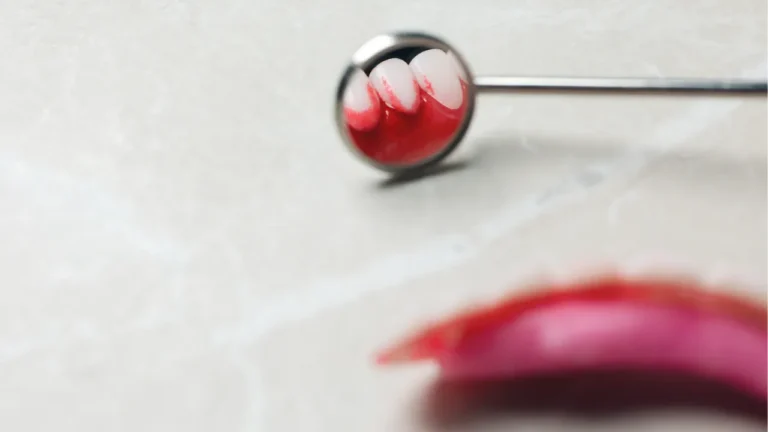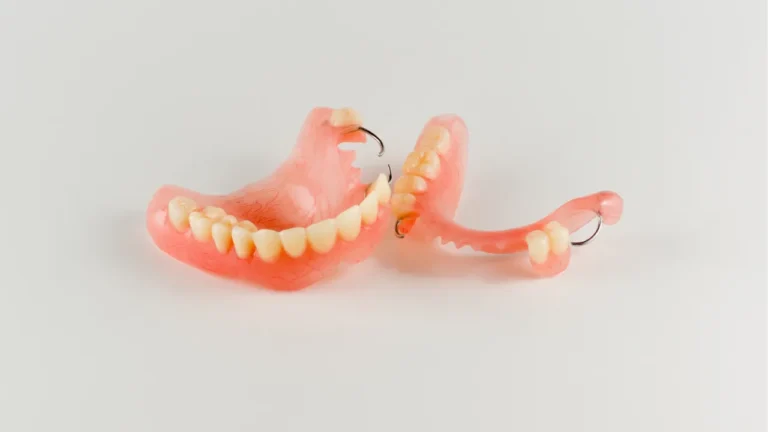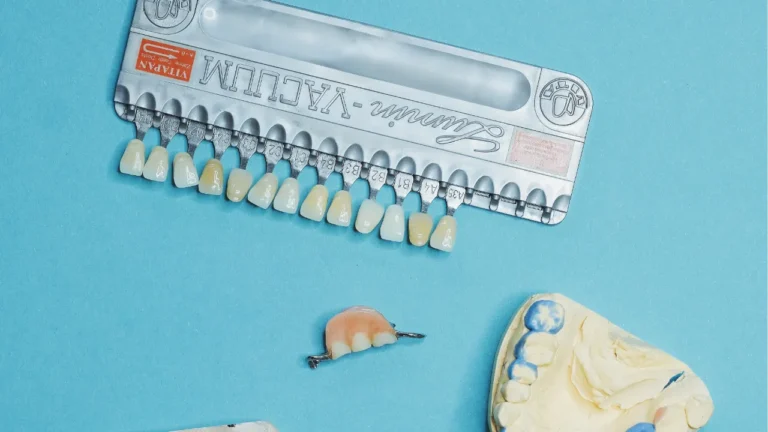Dental problems can still occur even if you brush and floss regularly. Factors such as genetics, diet, medical conditions, or harmful habits often play a role.
By identifying the underlying causes, you can take proactive steps to improve your oral health and prevent recurring issues.
Quick Summary
- Causes of recurring dental issues: Poor hygiene, diet, genetics, habits, medical conditions
- Oral thrush: Causes, symptoms, risk factors, treatment, and prevention
- Early warning signs: Sensitivity, discoloration, pain, visible holes, plaque buildup
- Main causes of tooth decay: Plaque, poor hygiene, diet, dry mouth, missed dental care, genetics
- Effective treatments: Fillings, crowns, root canal therapy, gum surgery, orthodontics
- Prevention tips: Brushing, flossing, diet control, hydration, dental visits, mouthwash, quitting smoking
- At-home remedies: Salt water rinse, sensitivity toothpaste, antibacterial mouthwash, temporary dental wax
Why Do I Keep Having Dental Problems?
There are several reasons why you might be experiencing recurring dental issues:
- Poor Oral Hygiene: Skipping brushing or flossing can lead to plaque buildup, increasing the risk of cavities and gum disease.
- Unhealthy Diet: Consuming too much sugar and acidic foods can erode enamel and lead to cavities.
- Genetics: Some individuals are genetically predisposed to dental problems.
- Habits: Smoking, alcohol consumption, and teeth grinding can negatively impact dental health.
- Medical Conditions: Dry mouth, acid reflux, or diabetes can increase the risk of oral health issues.
If you find yourself frequently dealing with dental problems, it’s essential to visit your dentist regularly and adopt a more personalized oral care routine.
Understanding Oral Thrush
Oral thrush is a fungal infection caused by the overgrowth of Candida albicans. It appears as creamy white or yellow patches on the tongue, cheeks, and roof of the mouth. Symptoms include soreness, redness, and a burning sensation.
Risk Factors for Oral Thrush:
- Weakened immune system (e.g., HIV, cancer)
- Antibiotic use
- Wearing dentures
- Dry mouth
Treatment and Prevention: Treatment typically involves antifungal medications such as mouthwash, pills, or lozenges. Good oral hygiene, including regular brushing and flossing, can help prevent the occurrence of oral thrush.
Early Signs of Tooth Problems and Their Symptoms
Recognizing early signs of dental problems can help prevent more severe issues. Here’s what to look out for:
1. Sensitivity to Hot, Cold, or Sweet Foods
Sensitivity to temperature changes or sweet foods may indicate weakened enamel or early tooth decay. This sensitivity occurs when acids produced by bacteria erode the enamel, making teeth more sensitive.
2. Visible Pits or Holes in Teeth
Visible holes or pits are usually a sign of cavities caused by enamel breakdown. Seek dental treatment promptly to prevent further damage.
3. Pain or Discomfort When Biting or Chewing
Pain or discomfort while chewing can indicate cavities, gum disease, or other dental issues that require attention.
4. Discoloration or Brown Spots on Teeth
Dark spots on teeth may be an early sign of decay. If left untreated, they can develop into cavities.
5. Rough or Sticky Texture on Teeth
A rough or sticky texture on teeth could be due to plaque buildup, which can lead to tooth decay if not addressed.
Common Causes of Tooth Decay
Tooth decay is caused by the buildup of plaque, a sticky film of bacteria that produces acids capable of eroding enamel. Contributing factors include:
- Poor Oral Hygiene: Irregular brushing and flossing.
- Diet: High intake of sugary or acidic foods and drinks.
- Dry Mouth: Reduced saliva flow, which helps neutralize acids.
- Lack of Regular Dental Care: Missing dental check-ups and cleanings.
- Genetics: Some individuals have a higher predisposition to dental issues.
Effective Treatments for Dental Problems
If you’re dealing with any of the symptoms mentioned above, here are some common dental treatments your dentist may recommend:
- Fillings: To restore teeth affected by minor cavities.
- Root Canal Therapy: To treat severe decay or infections.
- Crowns: To cover damaged or weakened teeth.
- Orthodontic Treatment: To correct misaligned teeth.
- Gum Surgery: For advanced gum disease treatment.
Preventive Measures for Healthy Teeth
Prevention is always better than cure. Incorporate these practices into your routine to maintain good oral health:
- Brush Twice Daily: Use a fluoride toothpaste and brush for at least two minutes.
- Floss Daily: Remove plaque and food particles from between teeth.
- Limit Sugary Foods and Drinks: Reduce your intake of sugary snacks and acidic beverages.
- Stay Hydrated: Drink plenty of water to keep your mouth moist and wash away food particles.
- Visit the Dentist Regularly: Schedule dental check-ups and cleanings at least twice a year.
- Use Mouthwash: Rinse with an antibacterial mouthwash to reduce plaque and freshen breath.
- Quit Smoking: Smoking increases the risk of gum disease and oral cancer.
Managing Dental Issues at Home
If you’re experiencing tooth pain or other symptoms at home, try these remedies to alleviate discomfort before seeing a dentist:
- Toothache: Rinse with warm salt water and use a cold compress to reduce swelling.
- Sensitivity: Use toothpaste designed for sensitive teeth and avoid hot or cold foods.
- Bleeding Gums: Use a soft-bristled toothbrush and rinse with an antibacterial mouthwash.
- Lost Filling or Crown: Cover the area with dental wax or temporary filling material.
Remember, these remedies are temporary, and it’s essential to consult your dentist for professional care.
Take away
Dental problems can be uncomfortable and costly if not addressed promptly.
By understanding the causes and symptoms of tooth issues and taking proactive steps to prevent and treat them, you can maintain good oral health and enjoy a confident smile.
If you’re experiencing any symptoms or have concerns about your oral health, don’t hesitate to book an appointment with your dentist.
Early intervention is key to preventing more serious complications and keeping your teeth healthy.







